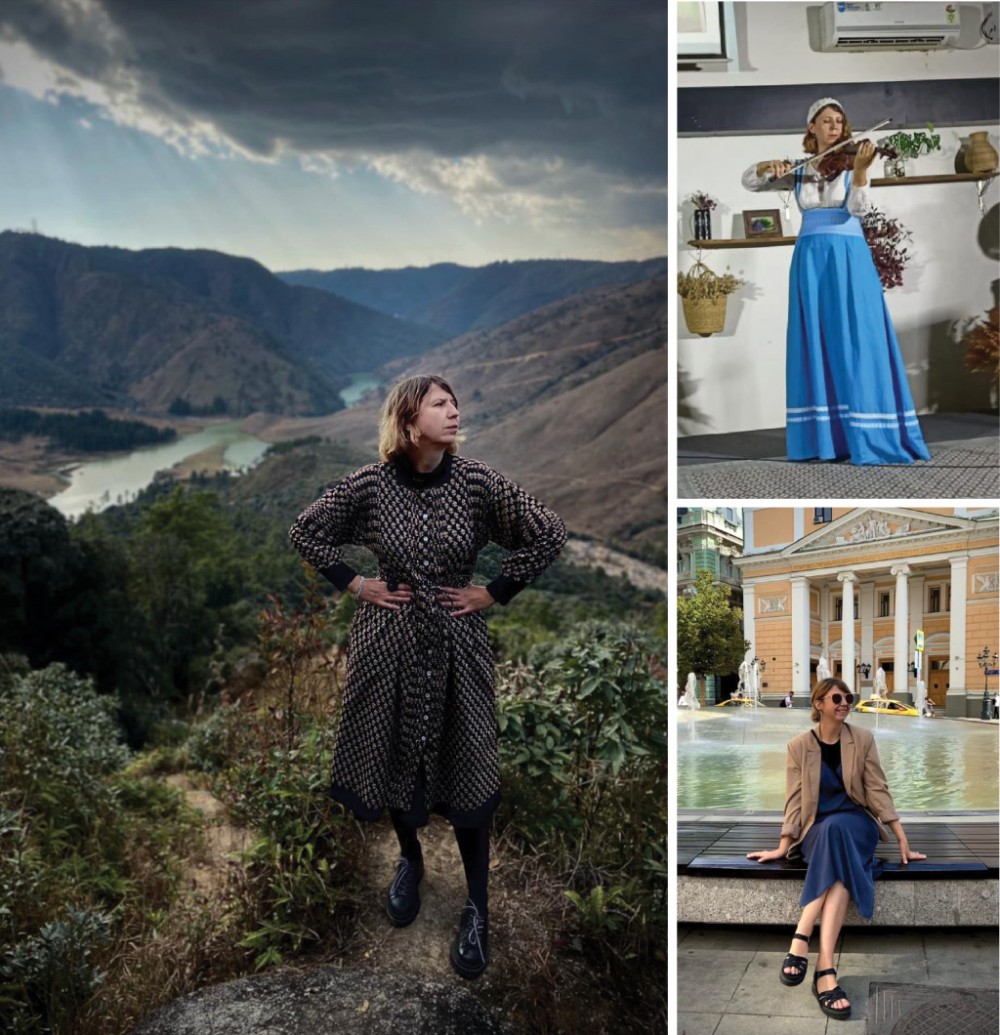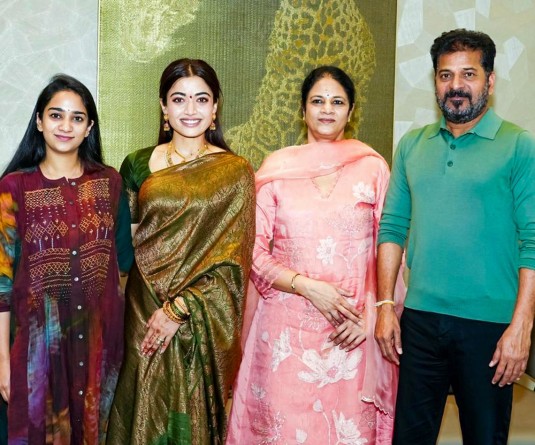Maria Cherednikova

Morung Express News
Dimapur | June 20
The soul in the art of music is one of the greatest gifts of creation to the human race. It has the power to connect people anywhere in the universe. Living this to the true sense is Maria Cherednikova, a professional violinist from Russia who has made a special place here in Nagaland.
Master in violin performance, orchestra, ensemble, quartet and a pedagogy from Rachmaninov Conservatory, Rostov, Russia, Maria Cherednikova has been sharing her music and teaching in countries including Russia, Norway, USA, Greece and India.
In her 16 years of music career, she has visited more than 20 countries and shared her musical gifts. Since 2019, Maria is here in Nagaland, teaching in Margaret Shishak School of Music (MSSM) of Patkai Christian College, Chümoükedima as an Assistant Professor.
“Firstly, it was just for fun and to follow my parent’s dreams,” said Maria who started her violin classes at the age of eight. She also did eight years in Russian School of Music. However, it was only when she joined a music college, Maria found herself tuned into the calling to be a violinist.
Only when she decided to go to Music College, Maria chose music as a career and she did four years professional education at Rostov Art College. She was awarded the qualification- orchestra performance, ensemble teacher, violin teacher in 2006.
Maria continued her music quest and did five years of higher professional education at the Rostov State Rachmaninov Conservatory/Academy where she was awarded the qualification- orchestra performance, ensemble performer, fingering teacher, specialty in instrumental performance violin, in 2011. She also took short courses in Ethno Music and Arts under Payap University, Thailand in 2017.
In an exclusive interview with The Morung Express, Maria Cherednikova shares her experiences of traveling from one country to another with her music and also gives an insight of sharing the elements of cultural identity through music.
Maria believes that ‘music is given to us as a gift from above and God has put in us the ability to create and share something beautiful. And with this, we can encourage, uplift and share our inner souls with others.’ The niche violinist finds happiness in travelling from one country to another, sharing her gifts and talents with people from another nation. “I am also very happy to learn more about their music and culture,” she said.
Staying away from her country and culture, Maria says she started to appreciate her identity more. ‘When I listen to my students playing Russian composers and when I share about the life in Russia with Naga people, it makes me feel happy about being a Russian,’ she said. “Also I am very encouraged to see how Naga people treasure their own traditions and culture!” she added.
One of the uniting factors between Russian and Naga music and culture, according to Maria, is the love for group dance. ‘Culturally both nations are very community oriented and friendly people,’ she said.
In the month of April 2022, Maria hosted two concerts in Dimapur to celebrate Russian culture, particularly its music. Though she always wanted to introduce to Naga people more about Russian culture and music, Maria said, due to the current Russia-Ukraine conflict, she was uncertain if the concert would be appropriate.
Nevertheless, she successfully hosted the concerts and attained her goal to let people experience the beauty of Russian music and culture. With the profit from the concert, she said, “I am hoping to help those people who are struggling financially because of the current economic situation and sanctions.”
For Maria, the biggest turning point as an artist has been the understanding that ‘music is the biggest gift.’ “I believe that music has the power to encourage people, heal and bring peace- that is why I know that my gift is coming from above to bless the humanity,” she affirmed.
As a musician, Maris says her motto is- “make your music a meaningful message for people.” She also encourages all not to be discouraged by ‘small steps’ and not to miss the opportunities because “it can take you to a great adventure.”
Talking about her introduction to MSSM in Patkai Christian College, Maria recollects being invited to the college for string ensemble workshops. “I had around 40 violinists from Dimapur and some of them were from Patkai. Later on, I was invited to be an Assistant Professor here and I joined in 2019.”
Based on her interaction and experience with Naga musicians, Maria observes that Nagaland is very rich State in terms of talents. ‘A lot of people here are naturally gifted with good voices and with love for music,’ unfortunately, she adds, it has also made many Naga people think that music is an easy thing to do and take music as a hobby. She expressed regret that though Naga people are musically gifted, often music is not taken as a professional career, and which is why it is still behind in the national and international level.
For Maria, being an artist from another country, the biggest challenge here in Nagaland, she says is, ‘less access to symphony music and ballet and opera.’ “As a child I remember my first impression on symphony orchestra. I won’t forget that concert. It took me to another world. I wish more children from Nagaland could experience that,” she puts across.
“Together, with MSSM strings and some more musicians from Dimapur, we have started a small orchestra. We are planning to promote more classical music and let Naga people experience orchestra music. It is just a small start,” she said.
While appreciating TaFMA, Maria says that it is nice to see them helping and promoting local talents. However, she adds, “I wish to see them promoting more indigenous music, which is very different from all over the world.”
On the final note, Maria encourages Naga people to learn more about their own music and culture. She observes that many young people in Nagaland are following western and Korean music and cultures but have neglected and abandoned their own.






